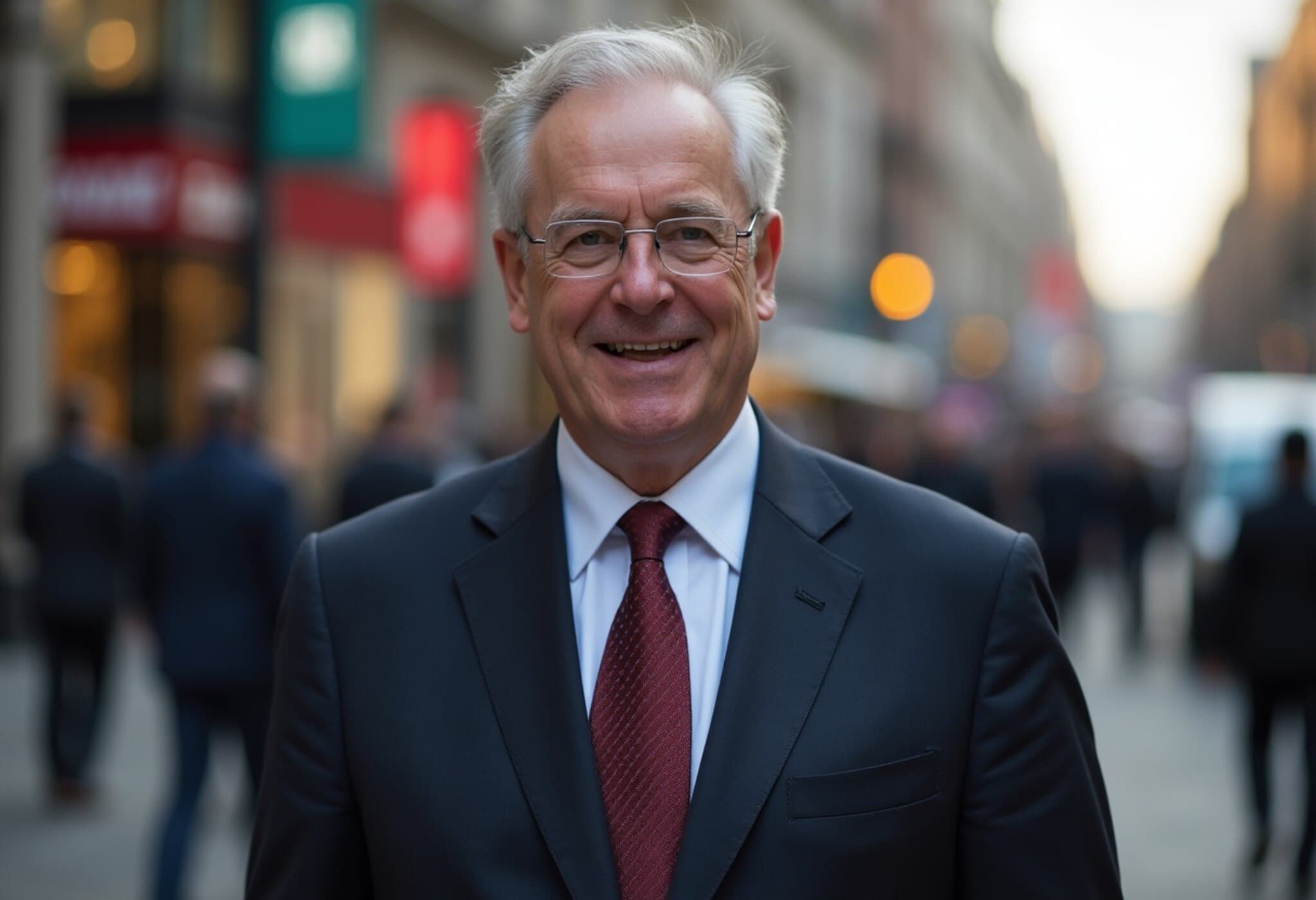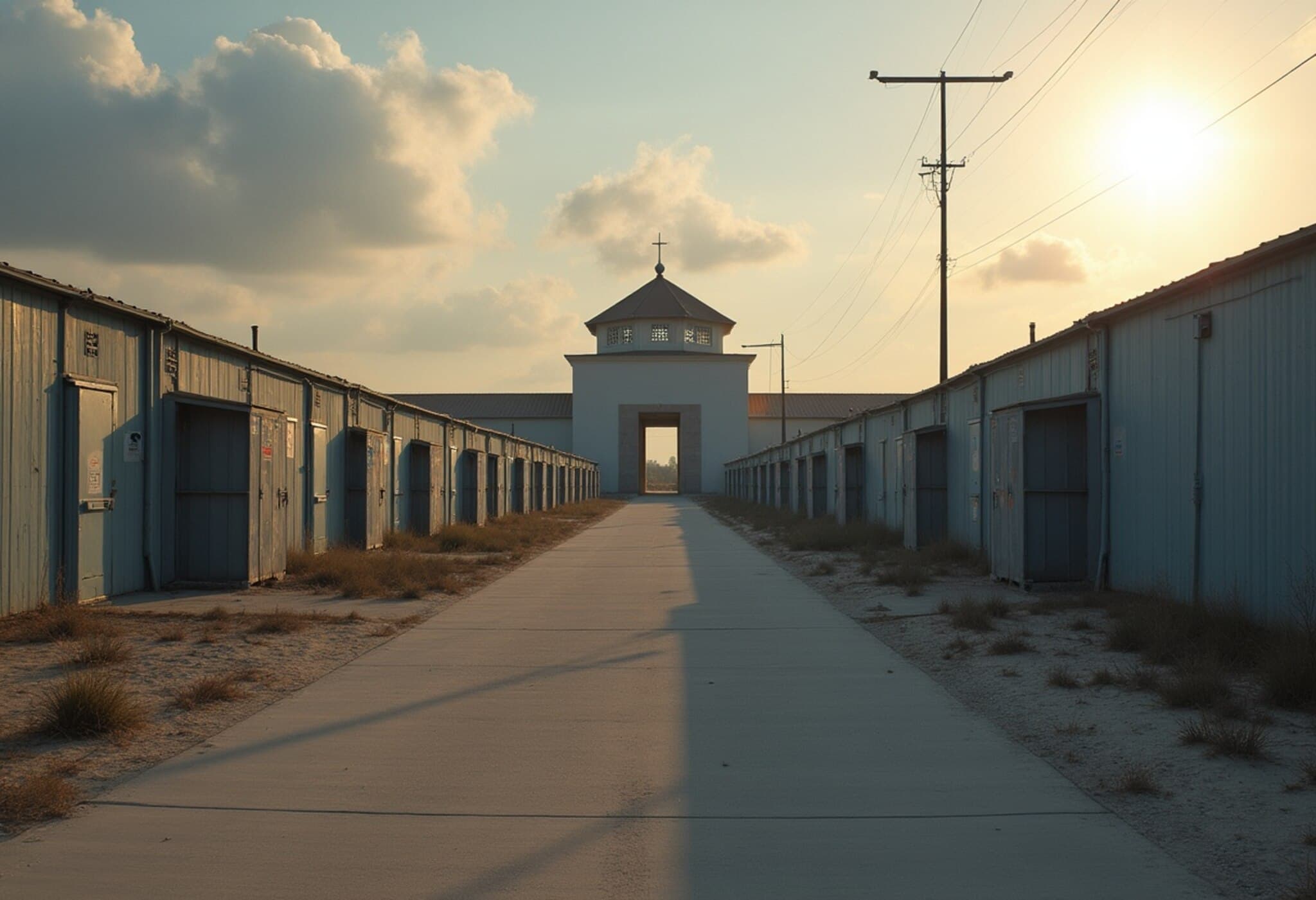Wealthy Neighborhoods in London Confront Britain’s Growing Refugee Challenge
In recent weeks, the arrival of asylum seekers in affluent London neighborhoods such as Canary Wharf has thrust Britain’s ongoing refugee crisis into an uncomfortable spotlight. For years, wealthier districts appeared insulated from the influx of arrivals crossing the English Channel, but as more hotels are designated for asylum accommodation, tensions are rising.
Protests Spotlight Canary Wharf Hotel Amid Misinformation
Five days ago, news spread rapidly on social media that the Britannia International Hotel in Canary Wharf was to be used for housing hundreds of asylum seekers. The response was swift and emotional. Within hours, activists and protestors surrounded the hotel, sparking clashes that highlighted the deep societal rifts over migration and public safety.
Local resident Lee Nallalingham, chairman of Reform UK’s Tower Hamlets branch, publicly criticized the government’s lack of consultation. He stated, "That hotel is just a five-minute walk from my daughter's nursery... yet no one asked local families what we think." However, some claims, such as the assertion that asylum seekers were being moved from Epping Forest to Canary Wharf, were factually incorrect. This misinformation helped fuel public unrest and protests.
Political Implications and the Role of Reform UK
Reform UK, led by Nigel Farage, has leveraged frustrations over migration into a significant political rallying point. Using slogans reminiscent of Australia’s "stop the boats" campaign, the party is campaigning vigorously on immigration issues, putting pressure on Prime Minister Sir Keir Starmer, who had pledged tougher controls on asylum hotels.
Farage and Reform UK politicians have amplified the issue through social media, provoking rapid public mobilization. Despite the Home Office confirming there were no asylum seekers yet in the Canary Wharf hotel, the reserved availability of over 400 beds fuels anxieties across several London communities.
Rising Arrivals and the Complex Reality of Migration
Data reveals a sharp 50% increase in Channel crossings over the first half of 2025, with nearly 20,000 people arriving seeking refuge and a new life. While some days see no arrivals, the weekly crossing trend highlights the scale and persistence of the challenge.
Prime Minister Starmer points to the previous Conservative government's record, highlighting a failure to address the crossings from 2010 to 2024. However, despite a year in office, his government has yet to stem the tide.
While wealthier areas have been somewhat shielded to date, towns and lower-income neighborhoods are more directly experiencing the impact, often hosting asylum seekers in local hotels and hostels under government "dispersal" policies intended to spread the population.
The Contradiction of Dependence and Rejection
Ironically, many communities depend heavily on migrant workers for essential roles including cleaning, food delivery, retail, and public transport services. Yet at the very moment society relies on migrants, rising fears about safety and resource competition spur resentment.
Inflammatory Rhetoric and Public Sentiment
Figures like Reform UK councillor Laila Cunningham stoke fears with claims about uncontrolled migration, including accusations of "waves of unvetted young men" alleged to disrespect British values. Though some statements exaggerate data—such as citing 6.5 million people entering over 14 years when net migration data indicates about 5 million—the underlying message resonates with segments of the population anxious about social cohesion and security.
Polling from the Migration Observatory reveals a divided public: 52% of British adults desire reduced migration, 14% support increasing it, and 22% favor keeping levels steady. These figures echo the sentiments that influenced Brexit in 2016 and underline the persistent sensitivity of migration in UK politics.
Legal and Social Strains
Recent violent incidents, including riots in Epping Forest and cases involving asylum seekers charged with serious offenses, have intensified public debate. These high-profile cases often dominate headlines and feed into fears, making it easier for populist parties to channel anger into political capital.
Government Responses and Challenges Ahead
In partnership with France, the UK is implementing measures to return certain arrivals and impose sanctions against people smuggling networks. Targeted sanctions even extend to companies marketing inflatable boats used by migrants crossing the Channel.
Yet unlike Australia’s offshore detention model, the UK disperses asylum seekers across its communities, placing local authorities at the frontline of integration challenges and public backlash.
As the crisis persists, the government faces mounting pressure to devise sustainable and humane migration policies that balance border security with international legal obligations and societal harmony.
Conclusion: A Nation at a Crossroads
Britain is confronting a complex and deeply emotional issue, where compassion, security, misinformation, and politics collide. The arrival of asylum seekers in wealthy neighborhoods signals a shift where all strata of society must grapple with the realities of global displacement.
Editor’s Note: This unfolding crisis raises several critical questions: How can governments effectively balance humanitarian responsibilities with community safety? What role should local residents have in asylum seeker housing decisions? And how might media and political rhetoric be tempered to promote understanding rather than division? As Britain navigates these challenges, thoughtful, compassionate dialogue and evidence-based policies are more essential than ever.



















